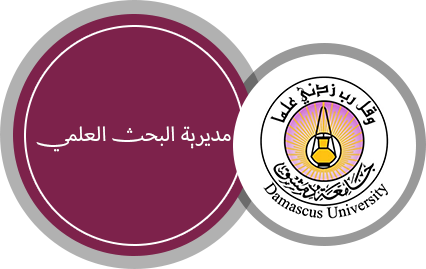| Background Pharmacogenetics targets genetic variations that influence drug response. It is relatively a new science that has not been vastly employed in most developing countries including Syria. Therefore we aimed at evaluating the depth of knowledge in pharmacogenetics and the attitude towards it amongst Syrian pharmacists and physicians. Methods We carried out an internet-based questionnaire consisted of 26 questions, sent through specialized websites and private groups with a large number of pharmacists and physicians members. The survey was available online for a period of 1 month. Results The total number of respondents was 154, mostly female pharmacists. Our statistical analysis showed a strong positive association between profession (in favour of pharmacists) and pharmacogenetics knowledge p = 0.049; however, no correlation with experience p = 0.811 was found. A significant difference was reported between the knowledge of pharmacists and physicians p = 0.001 concerning drugs that need pharmacogenetics testing before being prescribed. The majority of respondents had no information about applying genetic tests in Syria before prescribing medications nor did they possess the knowledge regarding drugs that show differential responses in patients according to their unique genotypes. In our study, the percentage knowledge assessment score was low in general (mean ± Standard deviation, SD) (46% ± 13.9%). The majority of the respondents agreed that pharmacists should provide counselling to patients on the subject of pharmacogenetics. Respondents’ opinions varied concerning making pharmacogenetics learning a priority. Conclusion Lack of pharmacogenetics knowledge was found amongst respondents in general. Our findings raise concerns about the lack of awareness amongst physicians, which may hinder the implementation of this crucial field in Syria. We suggest an emphasis on the role of education, training, and conducting genotyping research on the Syrian population |
|
Abstract |





